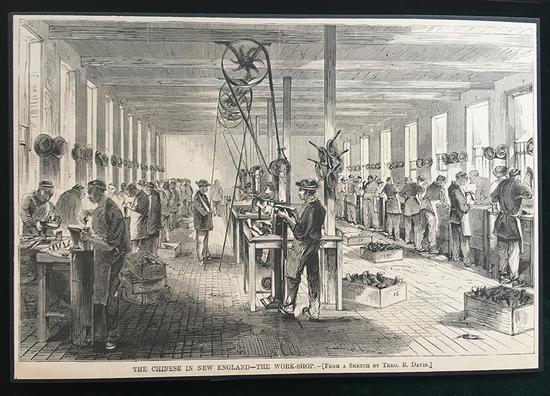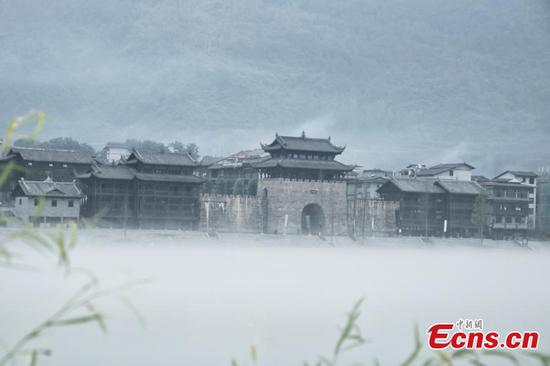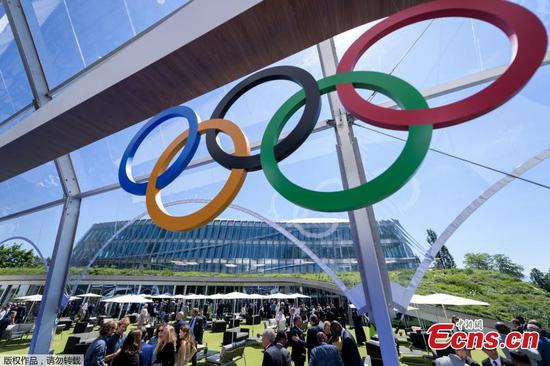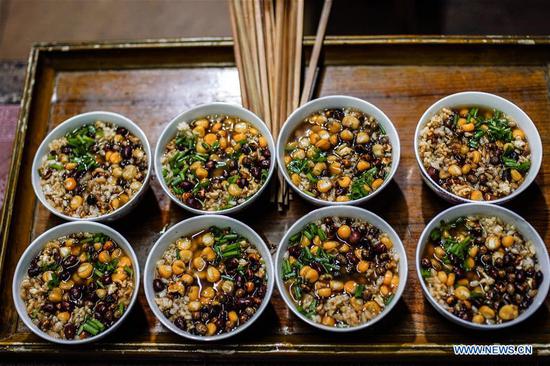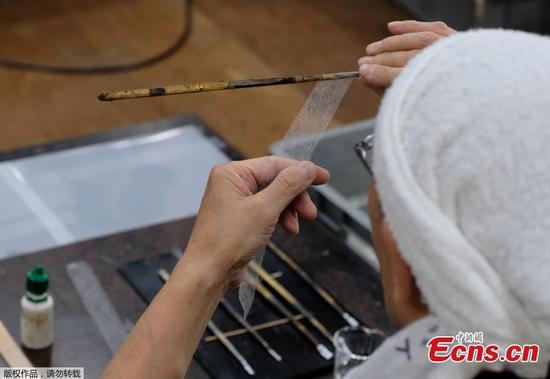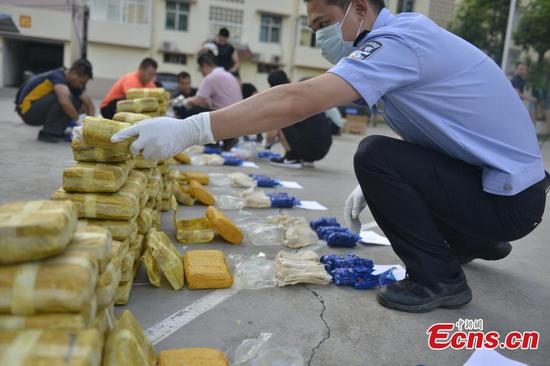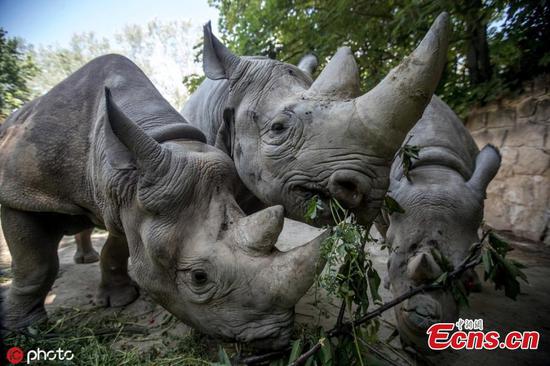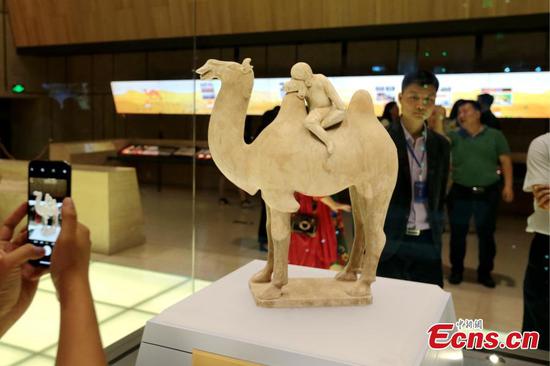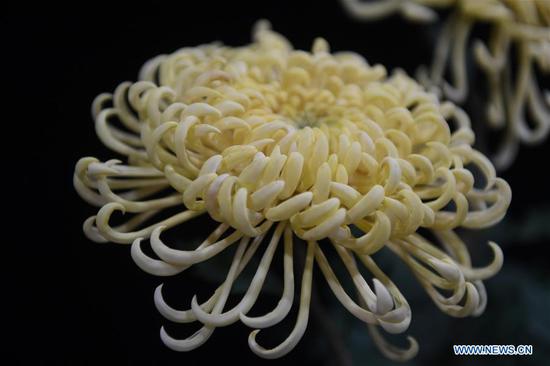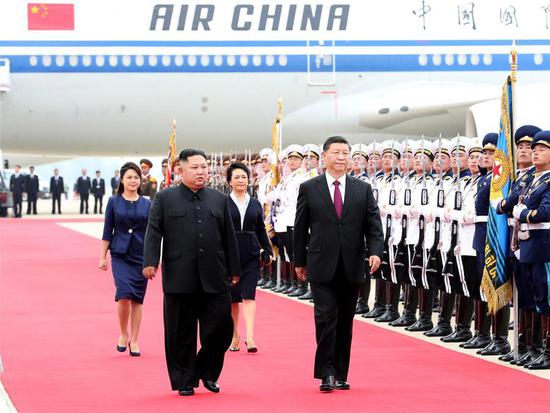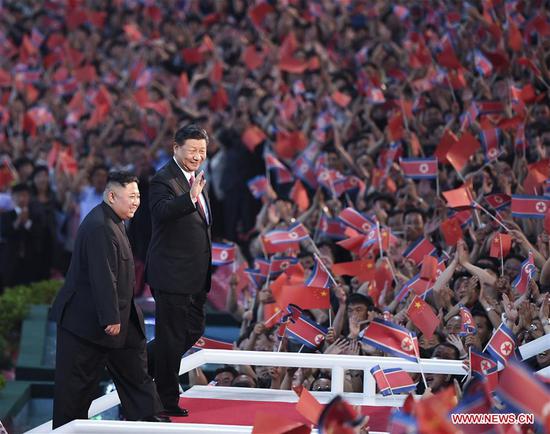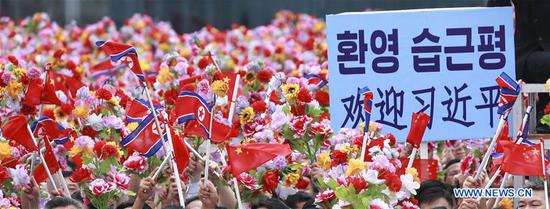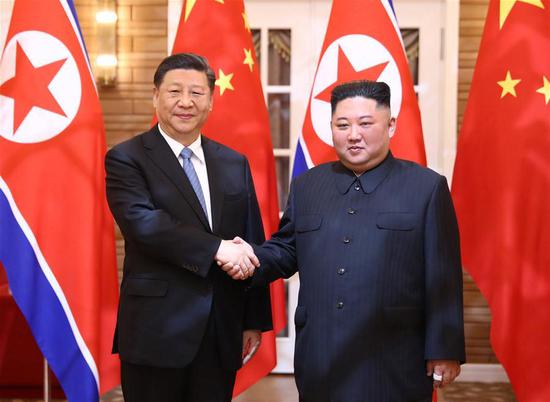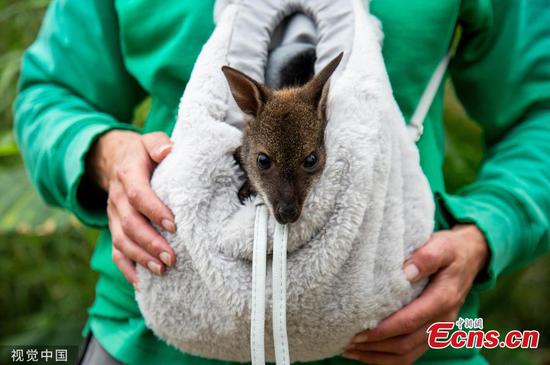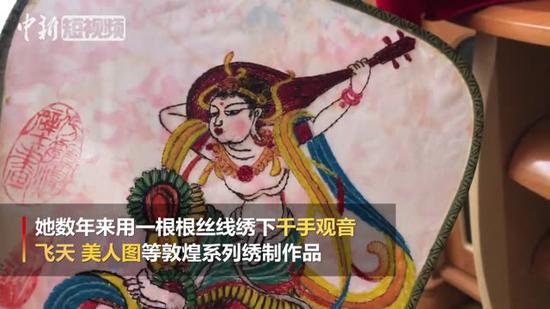Potential deal expected to align with WTO framework, bring about mutual benefit
Discussion on issues related to the next-step communication between the Chinese and United States' trade teams is underway to implement the consensus the top leaders of the two countries reached in a recent telephone conversation, Vice-Minister of Commerce Wang Shouwen said on Monday.
But a possible deal to end ongoing trade friction must come under the World Trade Organization framework, the commerce official stressed at a news briefing in Beijing.
That means a potential trade deal must be mutually beneficial and comply with the principles of free trade and multilateralism, according to experts.
"In the past rounds of economic and trade consultation, it is apparent that China and the U.S. adopted different approaches to solve disputes," said Zhang Yansheng, chief research fellow at the China Center for International Economic Exchanges.
"The U.S., accustomed to being a superpower, often intends to impose its will on others, while China, adhering to WTO rules, always seeks solutions under principles of mutual respect and benefit, sincerity and cooperation," Zhang said.
Such principles must be observed for Sino-U.S. consultations to solve economic and trade disputes because the majority of the international business community is against the idea of a trade war, Zhang said, despite what he called the blaring voices from right-wing hawks in the U.S..
President Xi Jinping and his U.S. counterpart Donald Trump spoke by telephone on June 18. They agreed to let their trade teams take up discussions again to find a solution to the trade dispute.
"Working to implement the consensus of the top leaders, the trade teams of the two sides are currently discussing issues related with next-step communication," Wang said. China and the U.S. are important WTO members, and any agreement achieved must comply with WTO rules, he said.
Wang said China's principles for the trade talks remain the same, including mutual respect, mutual benefit on an equal footing, working together, and respect for WTO rules.
That is to say, each other's sovereignty must be respected, the consultations must be on an equal footing, agreements must be win-win and compromises must be from both sides, not just one side, he said.
Wang also said China supports necessary reform in the WTO to promote the group's authority and efficiency. He said China hopes the G20 summit, starting on Friday in Osaka, Japan, will build a consensus on advocating for the multilateral trading system and opposing unilateralism and protectionism.
Su Qingyi, a researcher at the Institute of World Economics and Politics at the Chinese Academy of Social Sciences, said the WTO is the most important rule-making body in the current multilateral trading system and plays a vital role in the promotion of trade and the settlement of disputes. "There are no winners when you shut your border to the trade of goods, no matter how big your economy is," he said.
Major economies such as the U.S. and China share responsibility for pushing the WTO to become a better rule-based, more transparent and fairer institution that better represents the interests of developing countries, instead of abandoning its major principles, such as multilateralism and free trade, when disputes arise, he added.
Chen Dongqi, an economist with the National Development and Reform Commission's Academy of Macroeconomic Research, said China needs to become further involved in creating an international environment based on the spirit of multilateralism, and to help the U.S. government realize that both countries will be better off through cooperation.









